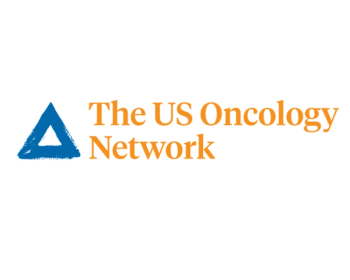
Leaders from The US Oncology Network and McKesson discuss how technology can enhance precision medicine and improve patient access to cutting-edge cancer treatments.

Leaders from The US Oncology Network and McKesson discuss how technology can enhance precision medicine and improve patient access to cutting-edge cancer treatments.
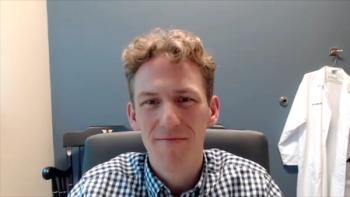
Eric Lander, MD, discussed the difficulty that clinicians and pharmacists face in getting insurance coverage for category 2B treatments in the National Comprehensive Cancer Network guidelines, which could affect how patients are treated for cancer.

Circulating tumor DNA (ctDNA) testing changes occur nearly every year, making consistent updates to National Comprehensive Cancer Network (NCCN) guidelines important for clinicians to make decisions on the use of these methods of testing, says Eric Lander, MD.

Patients can benefit both financially and clinically by enrolling in ongoing clinical trials, said Eric Lander, MD.

Making clinical trials easier to find for clinicians and making protocols for entering clinical trials more lenient can help to improve access to clinical trials on a national and local level, explains Eric Lander, MD, of Minnesota Oncology.
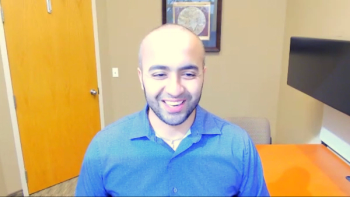
The design of the Enhancing Oncology Model (EOM) was a perfect fit for Minnesota Oncology.
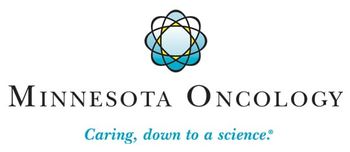

The pharmacist is a critical member of the care team to help manage patients on treatment and contain costs of cancer care, said Kirollos S. Hanna, PharmD, BCPS, BCOP, FACCC, director of pharmacy, Minnesota Oncology.
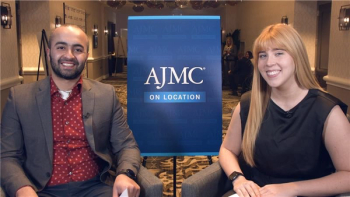
Interviews with Kirollos Hanna, PharmD, BCPS, BCOP, of Minnesota Oncology and Mayo Clinic College of Medicine, and Alti Rahman, MHA, MBA, of American Oncology Network, from day 1 of the Association of Cancer Care Centers 50th Annual Meeting & Cancer Center Business Summit (ACCC AMCCBS).
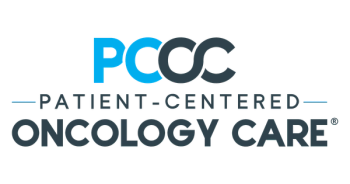
From the panel discussion, "The Burden They Carry," a discussion of the impact of financial toxicity over the duration of the cancer journey.
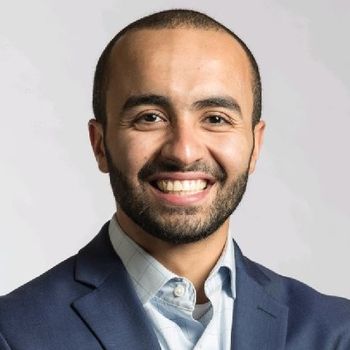
From an interview conducted during Patient-Centered Oncology Care 2023.
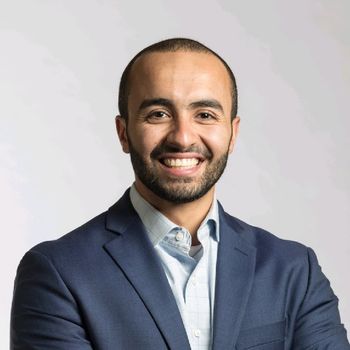
Especially during shortages, Kirollos S. Hanna, PharmD, BCPS, BCOP, FACCC, director of pharmacy services at Minnesota Oncology, says practices should carve out areas where going to a different therapeutic approach isn't considered off-pathway.
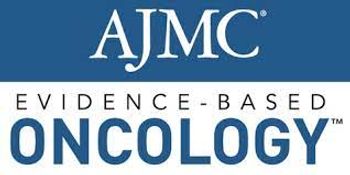
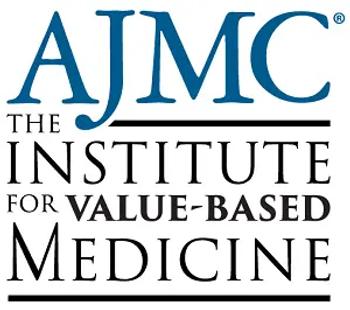
Coverage from the Institute for Value-Based Medicine session with Minnesota Oncology.
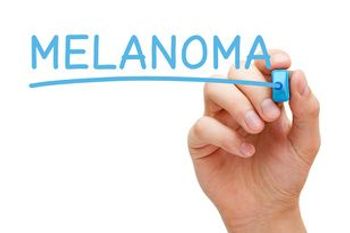
During a recent Institute for Value-Based Medicine® event, speakers discussed the use of immunotherapy and targeted therapy to treat melanoma and managing the toxicities of these treatments.
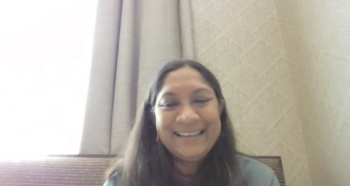
Rajini Katipamula-Malisetti, MD, executive vice president of Minnesota Oncology, defined value-based cancer care and its importance.
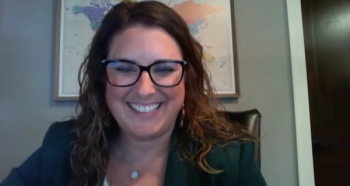
Rhonda Henschel, US Oncology Network's vice president of payer relations, summarized what she learned from the Minnesota Oncology IVBM and discussed new developments in the value-based cancer care space.
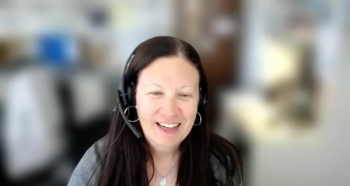
Lisa Kottschade, RN, CNP, FAPO, a nurse practitioner at Mayo Clinic, discussed immune-related adverse events and biomarkers in relation to melanoma treatment.
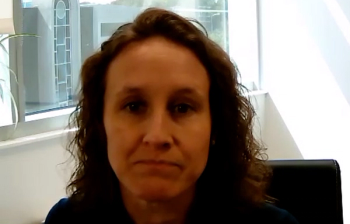
Meredith McKean, MD, MPH, the associate director of the Sarah Cannon Research Institute's Melanoma and Skin Cancer Research Program at Tennessee Oncology, discussed new melanoma studies and treatment developments.
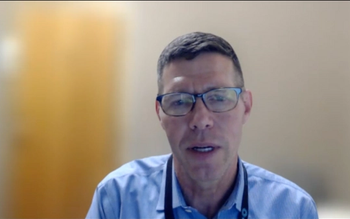
Paul Thurmes, MD, medical oncologist and hematologist, Minnesota Oncology, spoke on key responsibilities and approaches that are often lacking in cancer care.

Coverage from the Minnesota meeting of the Institute for Value-Based Medicine, chaired by Rajini Katipamula-Malisetti, MD, vice president of medical oncology at Minnesota Oncology.
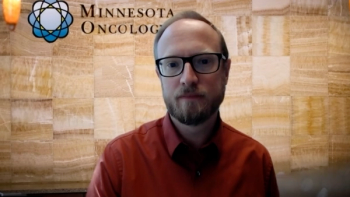
Biosimilars have had such an impact on driving down costs, that in some instances the reference product might be the lowest cost option, explained Paul Forsberg, PharmD, director of pharmacy, Minnesota Oncology.

With more and more biosimilars reaching market, there are considerations around whether to keep patients on their current biosimilar or switch them to another biosimilar as the market dictates, said Paul Forsberg, PharmD, director of pharmacy, Minnesota Oncology.

When converting a patient to a biosimilar, having clear and consistent messaging will reduce confusion and prevent patients from having a lack of trust in the process, said Paul Forsberg, PharmD, director of pharmacy, Minnesota Oncology.

While initially there was a need for education around biosimilars, now there is a need to keep an eye on the evolving biosimilar marketplace and update the formulary of biosimilar medicines, said Paul Forsberg, PharmD, director of pharmacy, Minnesota Oncology.
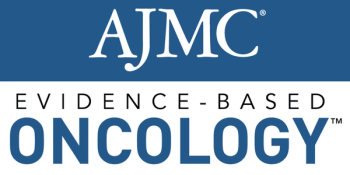
Rajini Katipamula-Malisetti, MD, a medical oncologist and hematologist with Minnesota Oncology who practices in Coon Rapids, has seen telehealth’s usefulness up close. During a pandemic, it can increase the number of touch points in areas such as survivorship care and nutrition, which would otherwise require a separate visit to the office.
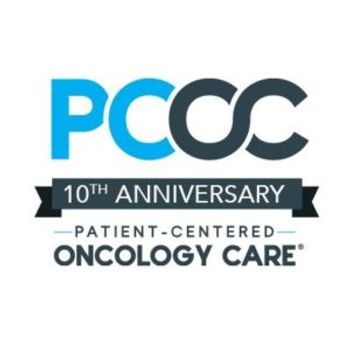
The discussion, "Remote Patient Monitoring: Case Studies From the Front Lines,” explored real-world experiences with technology that has taken on greater heft as the COVID-19 pandemic continues to affect health care delivery.

259 Prospect Plains Rd, Bldg H
Cranbury, NJ 08512
© 2025 MJH Life Sciences®
All rights reserved.
